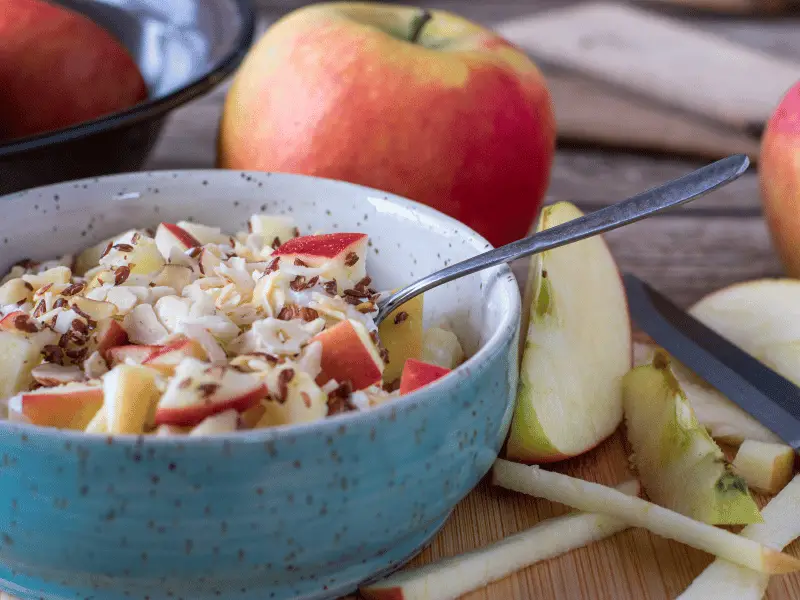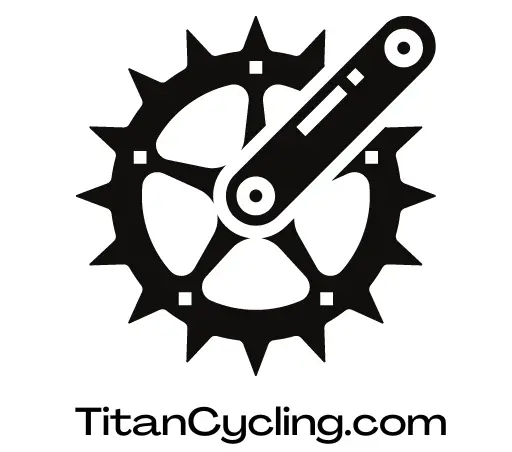
Mountain biking is a popular sport that offers an excellent opportunity to explore nature while getting a good workout. However, to get the most out of your ride, it’s important to fuel your body with the right foods. Eating the right foods before mountain biking can provide you with the necessary energy and nutrients to help you ride longer and perform better.
Before you hit the trails, it’s important to know what types of food are best for fueling your ride and when to eat them. The ideal pre-ride meal should be high in carbohydrates, moderate in protein, and low in fat and fiber. Foods that are high in carbohydrates provide your body with the necessary energy to power through your ride, while protein helps to repair and rebuild your muscles.
While there is no one-size-fits-all approach to pre-ride nutrition, there are some general guidelines that you can follow. In this article, we will explore some of the best foods to eat before mountain biking, as well as some tips for timing your meals to ensure that you have the necessary energy to tackle any trail.
Importance of Pre-Ride Nutrition
Carbohydrates
Carbohydrates are the primary fuel source for high-intensity exercises, such as mountain biking. Consuming carbohydrates before a ride can help top up glycogen stores in the liver and muscles, which can delay fatigue and improve performance. Aim to consume a meal or snack containing easily digestible carbohydrates 1-4 hours before your ride. Examples of carbohydrate-rich foods include:
- Fruit (bananas, berries, oranges)
- Bread, bagels, or rice cakes with honey or jam
- Energy bars or gels
- Sports drinks
Protein
Consuming protein before a ride can help to repair and build muscle tissue, which is important for recovery and adaptation to training. However, protein is not the primary fuel source for exercise, so it should not be the main focus of your pre-ride meal. Aim to consume a small amount of protein (10-20g) alongside carbohydrates. Examples of protein-rich foods include:
- Yogurt or cottage cheese with fruit
- Eggs or egg whites with toast
- Peanut butter and jelly sandwich
- Protein shake or smoothie
Fats
Fats are a slower-burning fuel source that can provide sustained energy for longer rides. However, consuming too much fat before a ride can slow down digestion and cause discomfort. Aim to consume a small amount of healthy fats alongside carbohydrates and protein. Examples of healthy fat sources include:
- Nuts or nut butter
- Avocado or guacamole
- Olive oil or vinaigrette dressing
- Salmon or other fatty fish
Overall, the pre-ride meal is a vital opportunity to top up glycogen stores and optimise hydration status. A well-planned pre-ride meal can help delay fatigue, improve performance, and aid recovery. Remember to experiment with different foods and timing to find what works best for you.
Timing of Pre-Ride Meal
What you eat before a mountain biking ride can have a significant impact on your performance. It is essential to fuel your body with the right nutrients at the right time to ensure that you have enough energy to complete your ride successfully. Here are some tips on timing your pre-ride meal:
- Timing is critical when it comes to pre-ride meals. You should aim to eat a meal that is high in carbohydrates at least 3-4 hours before your ride. This will give your body enough time to digest the food and convert it into energy.
- If you don’t have 3-4 hours before your ride, you can still eat a smaller meal or snack that is high in carbohydrates 1-2 hours before your ride. This will give your body some time to digest the food and convert it into energy without causing any discomfort or indigestion.
- Avoid eating high-fat or high-protein meals before your ride, as they take longer to digest and can cause discomfort during your ride.
- Make sure to stay hydrated before your ride. Drink plenty of water and electrolyte-rich fluids to ensure that you are properly hydrated.
By timing your pre-ride meal correctly, you can ensure that your body has enough energy to complete your ride successfully. Remember to eat a meal that is high in carbohydrates and to avoid high-fat or high-protein meals before your ride. Stay hydrated, and you’ll be ready to tackle any mountain biking trail with ease!
Pre-Ride Meal Ideas
High-Carb Options
Carbohydrates are the primary source of fuel for your muscles during exercise. Therefore, it’s important to consume enough carbs before a ride to ensure you have enough energy to sustain your activity. Here are some high-carb options to consider:
- Porridge with banana
- Weet-bix with milk and fruit
- Rice or pasta dish
- Baked potato with toppings such as beans, cheese, or salsa
- Banana with peanut butter
Protein-Rich Options
Protein is essential for muscle repair and growth, and it can also help keep you feeling full and satisfied during your ride. Here are some protein-rich options to consider:
- Egg sandwich or wrap
- Chicken or turkey sandwich or wrap
- Grilled chicken breast with sweet potato or quinoa
- Salmon or tuna with brown rice or quinoa
- Smoothie with Greek yogurt, fruit, and protein powder
Light Snack Options
If you don’t have a lot of time before your ride or prefer a lighter meal, here are some snack options to consider:
- Energy bar or gel
- Banana or apple with nut butter
- Trail mix with nuts, seeds, and dried fruit
- Low-fat yogurt with granola and fruit
- Rice cake with almond butter and honey
Remember to hydrate well before your ride, and aim to consume your meal or snack at least 30 minutes to an hour before you hit the trails.
Hydration
Staying hydrated is crucial for any physical activity, especially for mountain biking. Dehydration can lead to fatigue, cramps, and even heat exhaustion, so it’s important to drink plenty of fluids before, during, and after your ride.
Water is the best choice for hydration, but sports drinks can also be beneficial as they provide electrolytes that help regulate fluid balance and prevent cramping. However, be aware that sports drinks often contain added sugars and calories, so it’s important to read the labels carefully and choose a drink that fits your nutritional needs.
How much water you should drink depends on factors such as your body weight, the temperature and humidity, and the duration and intensity of your ride. As a general rule, aim to drink at least 16-20 ounces of water or sports drink 2-3 hours before your ride, and then continue to drink small amounts every 15-20 minutes during your ride.
If you’re riding for more than an hour, consider bringing a hydration pack or water bottle with you to ensure you can stay hydrated throughout your ride. It’s also a good idea to plan your route so that you can refill your water supply if needed.
Remember, even if you don’t feel thirsty, it’s important to drink regularly to prevent dehydration. By staying hydrated, you’ll be able to ride longer and more comfortably, and reduce your risk of injury and illness.
Final Thoughts
Mountain biking is a physically demanding sport that requires proper fueling to perform optimally. Eating a balanced diet with a focus on nutrient-dense carbohydrates is crucial for energy and endurance during rides. It’s also important to consume enough protein to promote muscle recovery and repair.
Before a ride, it’s recommended to eat a high-carbohydrate meal the evening before and a high-carbohydrate breakfast a few hours before the ride. During the ride, it’s essential to stay hydrated and consume easily digestible carbohydrates to maintain energy levels.
After a ride, it’s important to refuel with a combination of carbohydrates and protein to promote muscle recovery and repair. Some great post-ride snacks include a fruit smoothie with protein powder, Greek yogurt with fruit and granola, or a turkey sandwich on whole-grain bread.
Remember to listen to your body and adjust your diet accordingly. Everyone’s nutritional needs are different, and it’s essential to find what works best for you. Consult with a registered dietitian or sports nutritionist for personalized advice and guidance.
